Tag: Chinese cooking tips
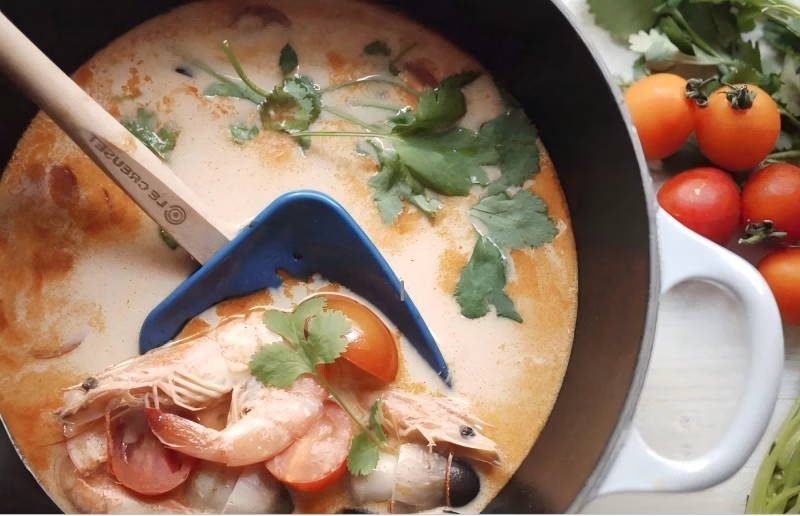
Delicious Shrimp Stock Recipes with (shrimp shell)
The raw shrimp shells, heads, and tails that are removed when preparing shrimp are usually thrown away. But this is actually a bit wasteful, because these shrimp shells can be used to make incredibly delicious shrimp stock! There’s no fixed ratio of water to shrimp shells when making shrimp stock, but the cooking process is…
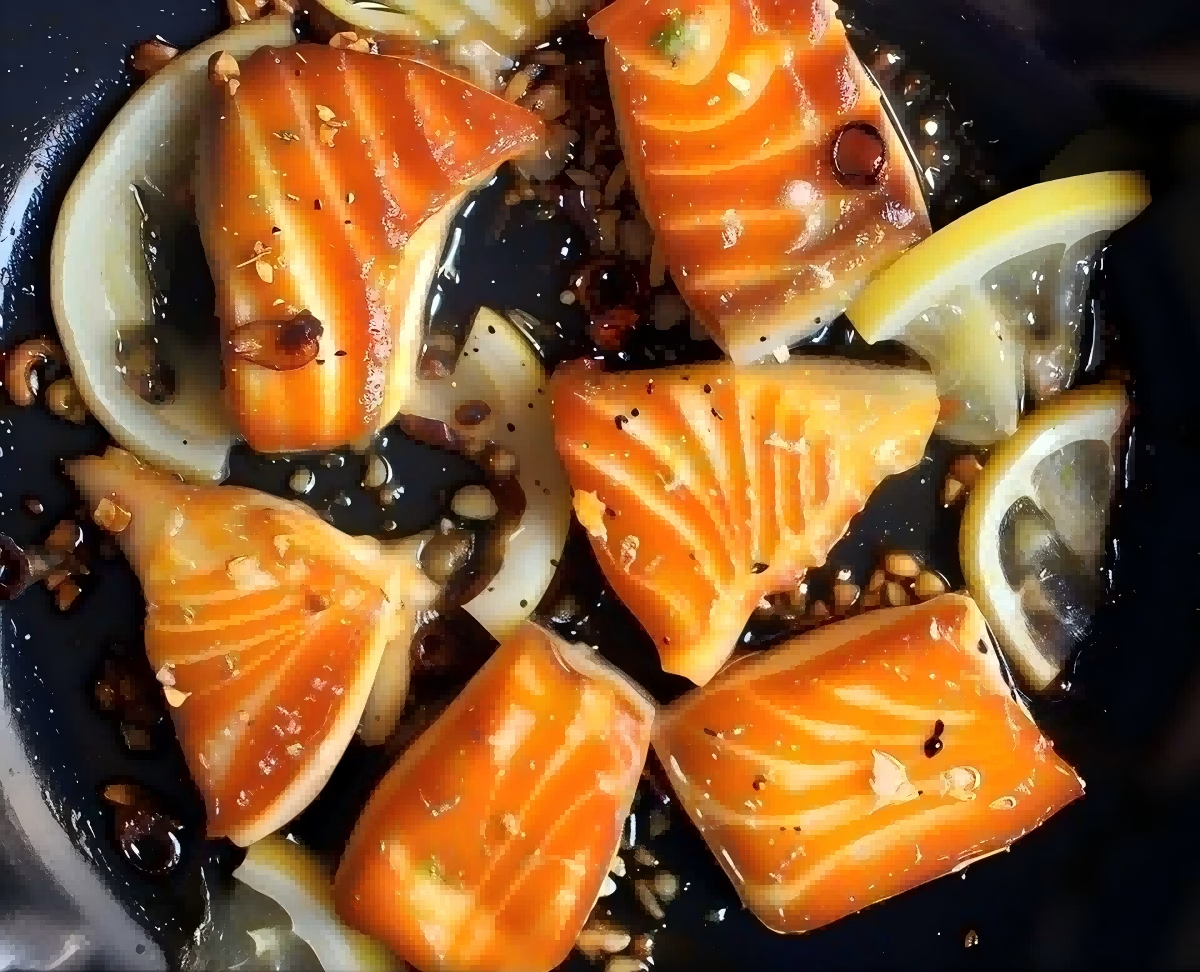
TOP 10 Easy fish recipes
Many studies have confirmed that the Omega-3 and DHA found in fish can help strengthen memory and improve learning ability. This time, we’ll be sharing some easy fish recipes that many people have tried and enjoyed. RECIPE 10: Sea Bream and Tofu Dish Prepare the sea bream by cutting it into cubes and marinating it…

How to use cinnamon in cooking?
Cinnamon has a love-hate relationship. As one of the world’s oldest spices, it’s used for both aroma and flavor. But what exactly is cinnamon powder? Why does it have such a distinctive smell? Cinnamon powder has many culinary applications. What does cinnamon actually look like? You may have only seen cinnamon in desserts and drinks,…
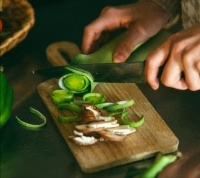
Why do leeks have such a strong smell? How can I reduce it?
Some ingredients leave a strong odor that lingers in the mouth for a long time after eating, and leeks are one of them. They’re a turn-off before a date, work, or meeting. But if you ignore the potential interpersonal complications, would you eat them regardless? Why do leeks have such a strong smell? The odor…
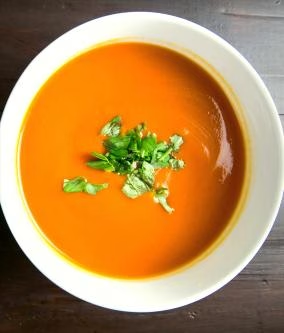
Chinese Cooking Tips:How to thicken soup? Is thickening unhealthy?
Thickening is a classic Chinese cooking technique. While delicious, some consider it unhealthy. There’s also talk of cornstarch, used for thickening, being toxic. Are there other ingredients I can use to thicken my soup? What is thickening? When making soup, we often add cornstarch and cold water to make a thickening sauce before removing it…
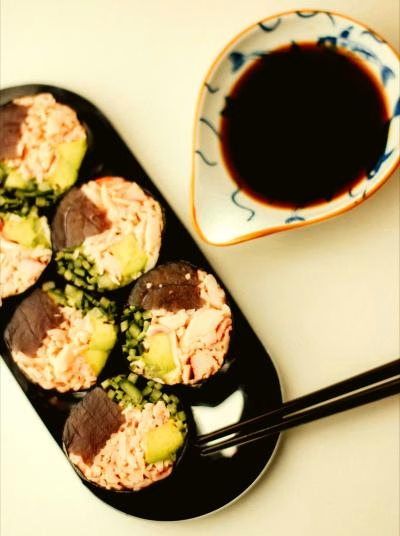
Chinese Ingredients: What Substitutes Can Be Used for Fish Sauce?
Fish sauce, a salty yet slightly sweet seasoning, is a popular condiment. It’s made by fermenting suitable fish, such as anchovies, with salt. It’s particularly common in Asian cuisine. Although most people find fish sauce somewhat fishy, it imparts an umami flavor to dishes. This umami flavor is believed to come from the amino acid…

Chinese Cooking Tips: How to Remove the Bitterness from Rapeseed Dishes?
Rapeseed is available year-round in China, but it’s particularly delicious in winter and spring, boasting a sweeter taste. Rapeseed is a nutritious cruciferous vegetable, low in calories and high in nutrients. It’s also high in calcium and potassium. It not only provides dietary fiber but also helps maintain bone health and lowers blood pressure. However,…
